His condition was reported to be stable following an operation on Saturday night to treat injuries to his stomach and arm.
The known gangster was seriously injured after he was struck by two shots on a street in Söderkulla, an area that is home to members of two of Malmö’s most violent gangs, the so-called M-wing and K-wing (M-falangen, K-falangen).
“Seven or eight shots were fired. Two connected,” police spokesman Lennart Hornemark told news agency TT.
“We’re currently looking for a cyclist believed to have witnessed the incident.”
Police in Malmö believe the shooting is part of the city’s ongoing gang war. The 24-year-old was released from prison last month after serving time for weapons offences and issuing illegal threats.
Police interviewed witnesses and residents in the area after the attack but had not identified any suspects by Sunday morning.
Friends of the 24-year-old said the attacker or attackers had fled the scene in a dark hatchback car, which almost collided with a smaller vehicle immediately after the shooting. Police said they were seeking to establish contact with the driver of the smaller car.
The 24-year-old is believed to be a key member of the M-wing, a gang thought by police to be an independent cell within a larger international criminal network. Police intelligence has shown that the group’s leaders have strong ties to Serbia, where they own properties and businesses, south Sweden daily Sydsvenskan reports.
One of the two who headed the gang was shot dead in August last year in a killing linked to the rival K-wing. The victim was 23 years old.
The war between the gangs was ratcheted up another notch in late January when the older brother of the K-wing’s 22-year-old leader was shot dead on Stortorget in central Malmö. A number of members of the K-wing were involved in high profile disturbances in the city’s Rosengård district in 2008 and 2009, Sydsvenskan reports.
The leader of the M-wing was released from custody on Thursday in connection with the Stortorget killing.
His counterpart in the K-wing was released from prison in Västervik the previous day following a short sentence for weapons offences, Sydsvenskan reports.
Police had expressed fears prior to Saturday’s attack that a fresh bout of violence was likely after the release of the two leaders.
“We’ve spoken to people in both camps and they maintain there isn’t a risk of renewed fighting but we don’t believe that,” a police gang expert told Sydsvenskan.

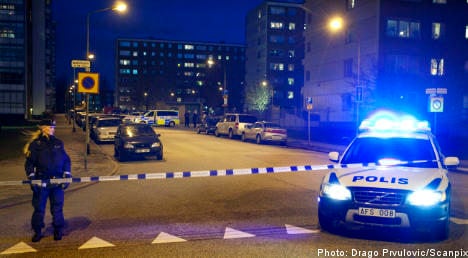
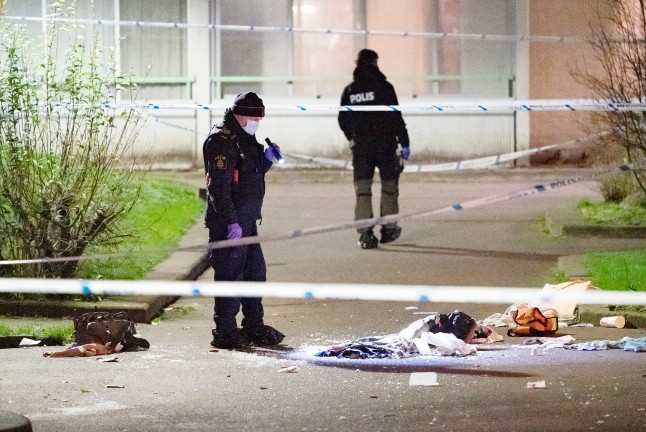
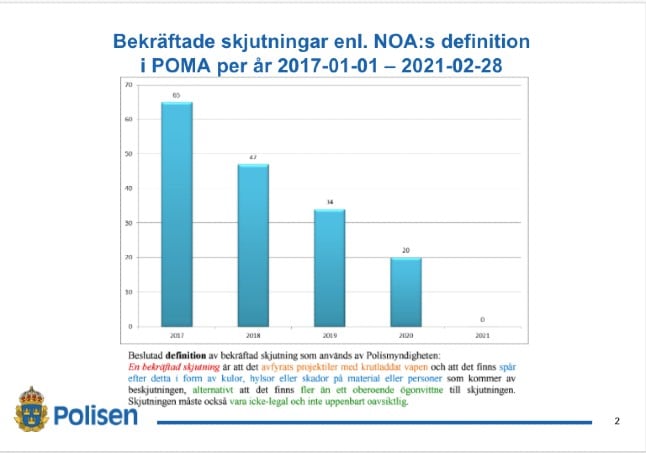
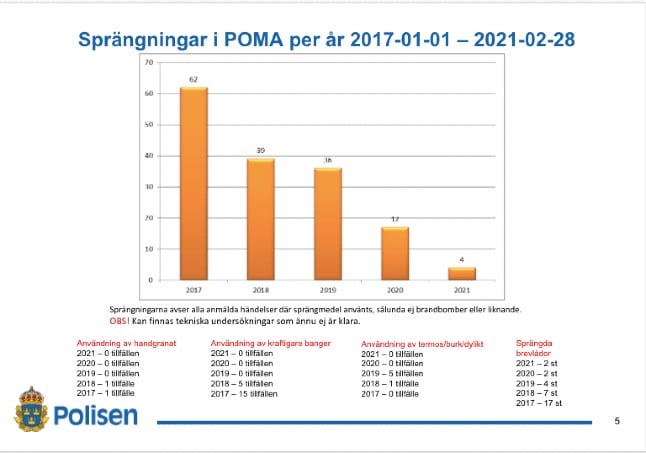
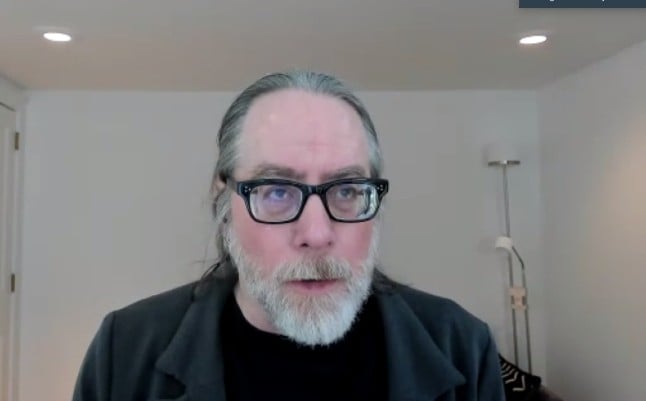
 Please whitelist us to continue reading.
Please whitelist us to continue reading.